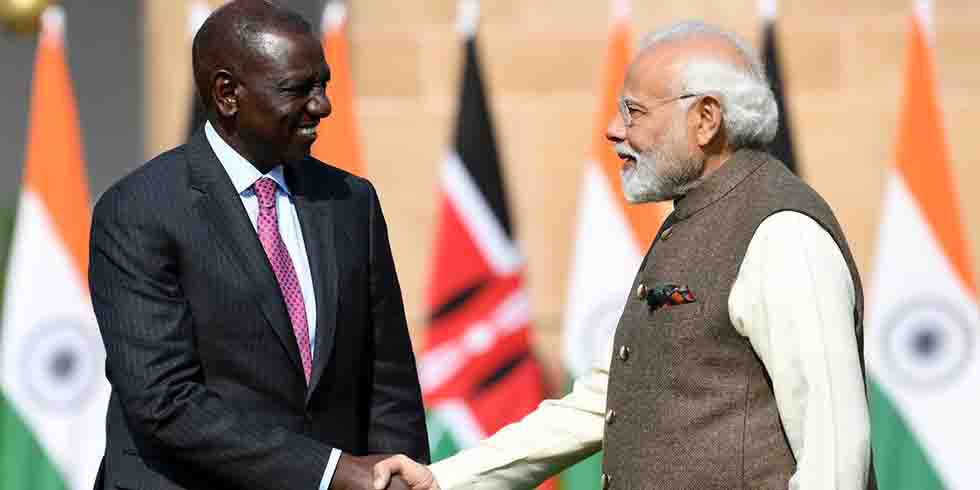Incorporating the latest technology, such as emergency evacuation and accident detection system, the Chenani-Nashri tunnel, India's longest, has set a new benchmark for construction firms to provide all-weather roads in tough terrain, a top NHAI official said.
With successful completion of the tunnel, replicating its modern technology features for other projects in India will be easier and take less time, according to M.K
Jain, Chief General Manager, National Highways Authority of India (NHAI), which got the mandate to get the 9.2 km Chenani-Nashri tunnel work done.
"The Chenani-Nashri project has set a benchmark for all other construction firms in India. Its successful completion has not just paved the way for other construction firms to use the technology but also increased the standard of infrastructure building in the country," Jain told IANS here in an interview.
He said there is an urgent need for construction companies to utilise modern technology like in Chenani-Nashri, rather than sticking to traditional construction methods for huge civil projects in difficult terrain in states like Jammu and Kashmir.
The Chenani-Nashri tunnel, which was inaugurated by Prime Minister Narendra Modi here on Sunday, is part of the Jammu-Srinagar Highway's four-laning project and among 12 other similar tunnel projects being constructed there.
"We actually have to construct 13 tunnels on this highway stretch. Among the major tunnels is Chenani-Nashri tunnel which is complete, followed by a tunnel from
Banihal to Quazigund, which will be also around 8.45 km long using the same technology, in a very risky and avalanche-prone area. Most of the accidents happen on the Banihal to Quazigund stretch," said Jain.
The total length of the tunnel constructions will be 22 km and will reduce the length of 293 km between Jammu to Srinagar by 62 km. The distance will be covered in around 4-4.5 hours.
The Chenani-Nashri tunnel has reduced the 41 km between the two places to 10.89 km, which can be covered in 10 minutes instead of the earlier two and a half hours.
The Jammu-Srinagar Highway is considered to be the lifeline of the state.
Jain said that currently travel between Jammu and Srinagar takes at least nine hours, and many times, traffic gets halted for days due to landslides and avalanches.
According to him, the Chenani-Nashri tunnel will help in fuel savings worth Rs 27 lakh every day.
Asked about the total number of vehicles passing through the tunnel, Jain said that every day 13,000-15,000 vehicles will pass regularly through the tunnel, including heavy vehicles.
Construction work for the tunnel was executed by the Infrastructure Leasing and Financial Services (IL&FS) and was completed in over five years.
"Our target is to make the remaining tunnels by 2019," he added.
On the features of the tunnel, Jain said the tunnel has a three-tier power system to keep the tunnel illuminated.
"For two of the tiers, power will be generated from switch yards at Chenani, and Nasri and the third by generator. The tunnel will consume 10 MW power every day," said Jain.
The tunnel is India's first and the world's sixth road tunnel with a transverse ventilation system enabled by ABB drives and controlled by a software by ABB, a global leader in industrial technology, and operating in approximately 100 countries, including India.










Add Comment